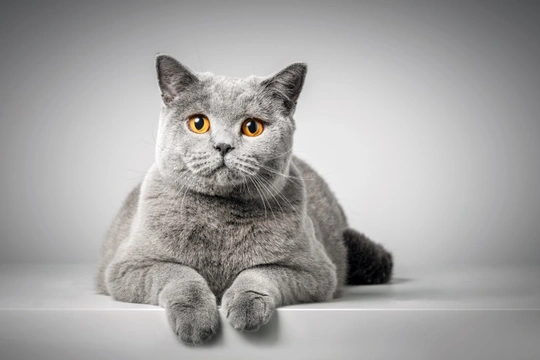
Do you know your cat’s five favourite things?
No two cats are alike in terms of their personalities, and even two littermates that have lived their whole lives together and have never been apart will have very distinct preferences, behaviours and personalities, which can often be markedly different to each other.
However, there are a huge range of uniting factors when it comes to domestic cats too-they all spend a lot of time washing and grooming, sleep for long periods of time, are apt to be very finnicky about their toileting preferences, and will seek out preferred beds and perches to relax in. Cats do not thrive if they feel insecure or unsettled, and like familiarity and safe, snug spaces-these are just a few commonalities that all cats have.
Additionally, regardless of the cat in question, there are several things that domestic cats virtually universally like and enjoy, and that make them happy-and that if they cannot find them or fulfil their need for them, will make them insecure, unhappy and generally not at their best.
If you have ever wondered what things make your cat the happiest, why they like the things they do, and what you need to provide in order to ensure that your cat lives their best life, read on to learn about the five feline favourites that all domestic cats love.
Warmth
Cats will invariably find the warmest spot in the house to relax and sleep in, and you may even be able to tell if the weather is about to turn bad because your cat will attempt to climb under the duvet with you, or seek you out for warmth!
The stable body temperature of the cat is actually slightly higher than our own, which means that what we consider to be the perfect ambient temperature, and so the one we aim to achieve in our homes, is likely to be just a touch too cool for your cat!
For this reason, cats will tend to sit closer to fires and radiators than we do, or otherwise prefer to be in places that are a touch warmer than we find comfortable. This is because domestic cats are descended from wild ancestors from hot, arid desert countries, and evolved to thrive in such environments accordingly.
Attention
Domestic cats that actively dislike attention or being petted generally do so for a reason-perhaps they are not used to people, are scared or nervous, have had a bad experience of being handled, or are suffering from an illness or injury that makes contact uncomfortable. With these caveats aside, domestic cats all like attention and petting from their people-albeit in their own specific ways and areas of the body, and often, only when it suits them!
Being stroked, petted and massaged by someone that they love and trust are very enjoyable and relaxing for your cat, and triggers feel-good hormones and a general sense of comfort or happiness. Different cats need different levels of attention-while some cats will only pop in for a stroke once or twice a day, some very personable breeds like the Siamese want and demand lots of attention!
Delicious food
Cats can be extremely picky about what they eat-they might turn their nose up at the food that they devoured yesterday for no good reason, or ignore a bowl full of food in favour of begging for scraps, but all cats are motivated by food that they like and in some cases, the challenges of getting it!
Cats that hunt and eat their prey even when they have food at home do so because they actively enjoy the hunting process, as well as the taste and texture of freshly killed meals. All cats, regardless of whether they like to hunt or not, will be very keen to get their paws on the foods that they love the most, whether that be a piece of tuna or the bag of treats that they always clamour for!
Toning, stretching and clawing
Cats are very lithe and flexible animals, whose conformations differ from our own in a number of significant ways. They have a much greater range of movement than people and can bend and stretch themselves into all manner of odd shapes and positions, and stretching, flexing and extending all form a type of feline yoga that feels good for your cat, and helps them to work out the kinks.
Scratching too is an innate and natural cat behaviour, and one that is highly instinctive. Cats need to extend and retract their claws to keep their muscles supple, sharpen their claws on a scratching post and help to slough off the dead outer layer of the claws, but even cats that have been de-clawed (in other countries) still go through the motions!
Playing and stimulation
Cats certainly sleep for huge amounts of their lives-in fact, cats sleep for up to around 16 hours a day in total, or even longer for kittens and elderly cats. However, in between long periods of rest and recuperation, cats often expend significant amounts of energy very quickly in short bursts, such as when hunting, playing with each other, or chasing around the house!
All cats need entertainment and stimulation-and for most cats that go outside, the world itself provides plenty of both. Even indoor cats will often while away the hours simply watching what is going on through the window-and hunting, playing and interacting with people, other cats or the environment around them is a vital part of life for domestic cats, who do not have to worry about finding their own meals!



